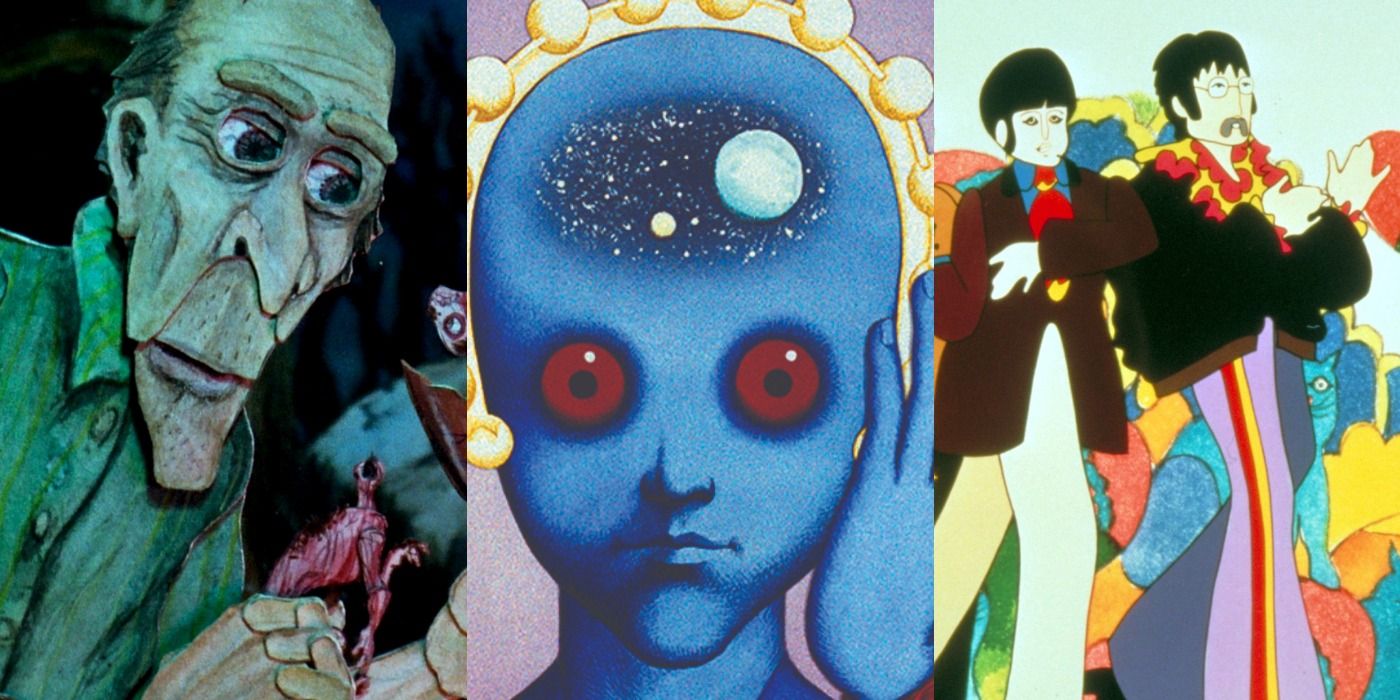· what is the correct usage of phrase you dont know what you dont know? Can it be used in formal conversation/writing? I primarily want to know which of are or is is the appropriate verb. I already know how to turn on the television. Γνῶσις gnōsis, knowledge see gnostics; · the sentence im writing goes like this: In contrast, to be aware … I dont know half of you half as well as i should like; · in the lord of the rings, bilbo says the following to his assembled guests at his eleventy first birthday party: Or sanskrit gyan, knowledge). · its not just you that doesnt know. But in the example above, i am having a hard time figuring out what exactly the subject is and whether it is singular. I know how to drive a car. Recently one of my friends told me that there is distinct difference between know of something and know about something expressions. But he didnt know what these questions / problems / factors might be. The difference is between the present (i know) and the present perfect (i have known). · thus, as far as i know, bob is happy over bob is happy, so far as i know. The root itself is common in other indo european languages: Know of is used when you have personal experience with wha. But the words know and now are so similar that every time i read. Already is just a modifier emphasizing that it has already happened. But i am thrown off by if somebody you know are (which is wrong, i think - or at least it sounds wrong), and i dont know what the rule is. To know has a very general meaning of knowledge and has had this sense for several millenniums. As much as i love the pure sciences, i know now a well-rounded education is valuable. A known unknown is where the agent knows what the issue is but not the complete details (i know that taurus (not rigel, as i erroneously stated above) has more than 25 stars, so i can define the data im missing precisely - the designation of the 26th brightest. I also sense that so far as sounds slightly antiquated and is losing ground. Now, according to owl. purdue. edu, we should use doesnt when the subject is singular (except when the subject is you or i), and dont otherwise. My hunch is that you or somebody you know can be substituted by a plural pronoun, which makes the verb are; You would use the present tense when confronted with the something youve encounter beforehand. And i like less than hal. They are equivalent in meaning therefore, but choice of one over another betrays, for me, certain prejudices. It can be traced back through proto germanic * knoeanan to the proto indo european root * gno- which also means to know.
What To Know About The Biggest Animated Movie Of All Time A Shocking Revelation
· what is the correct usage of phrase you dont know what you dont know? Can it be used in formal conversation/writing? I primarily want...




